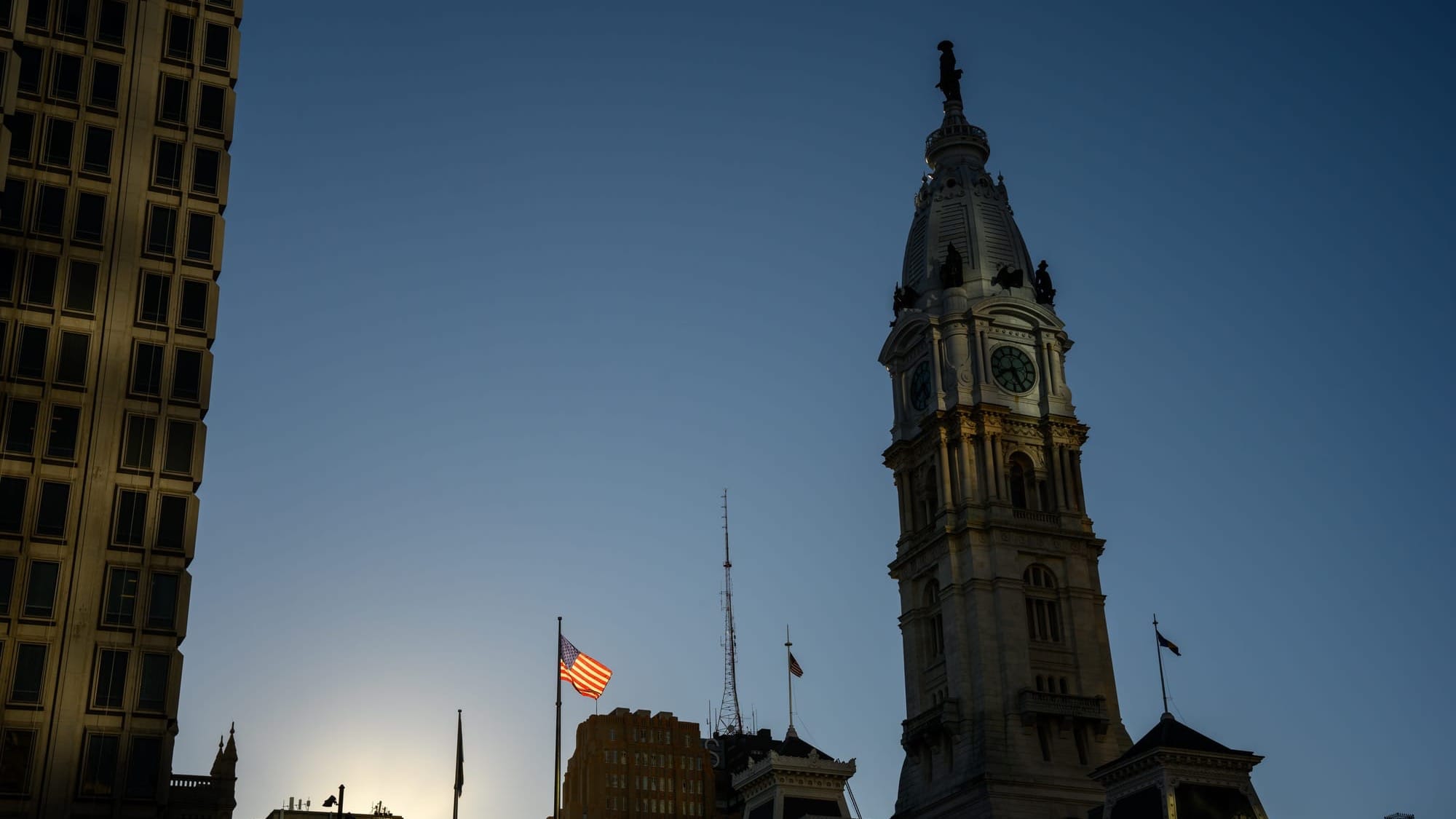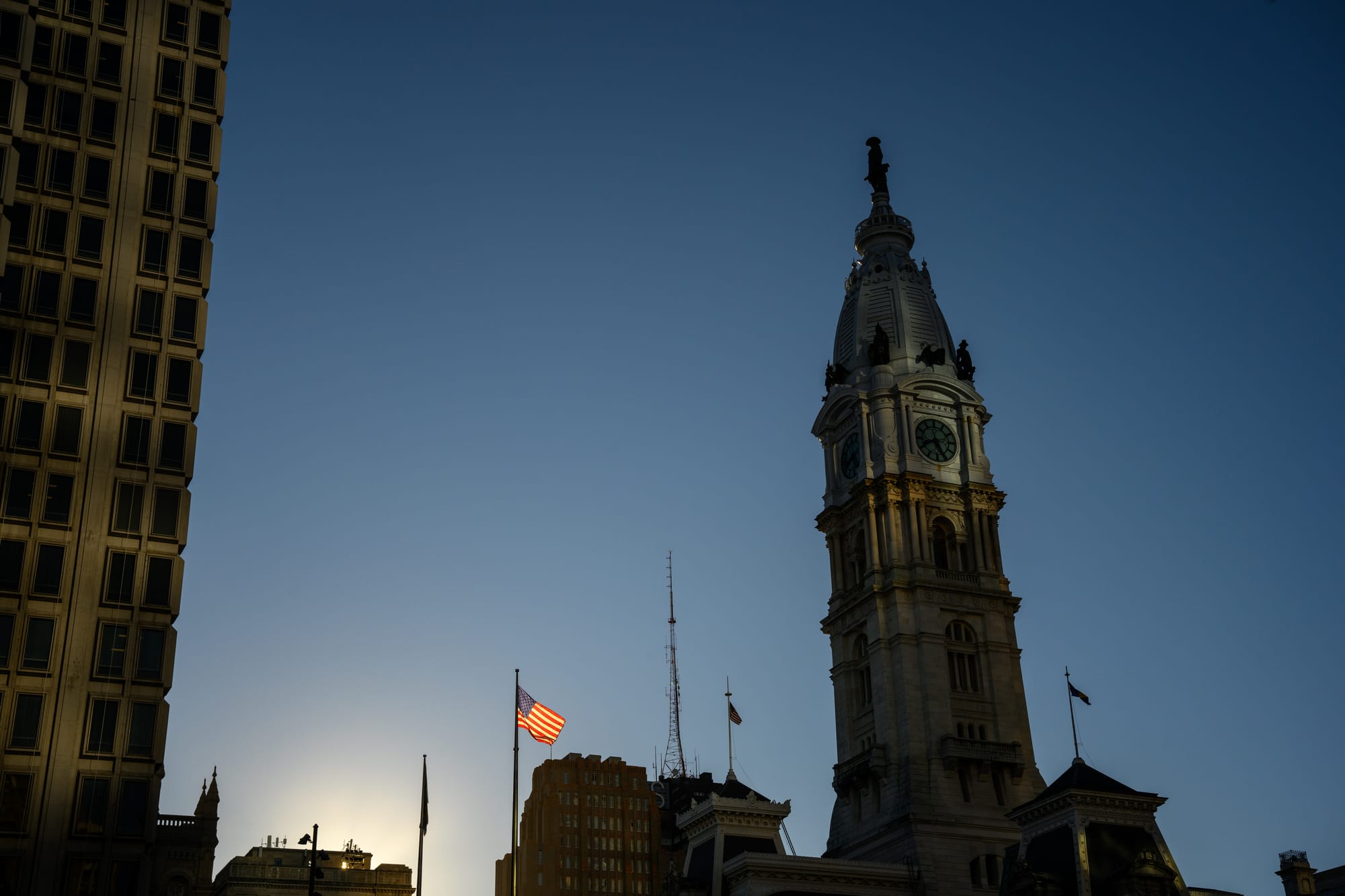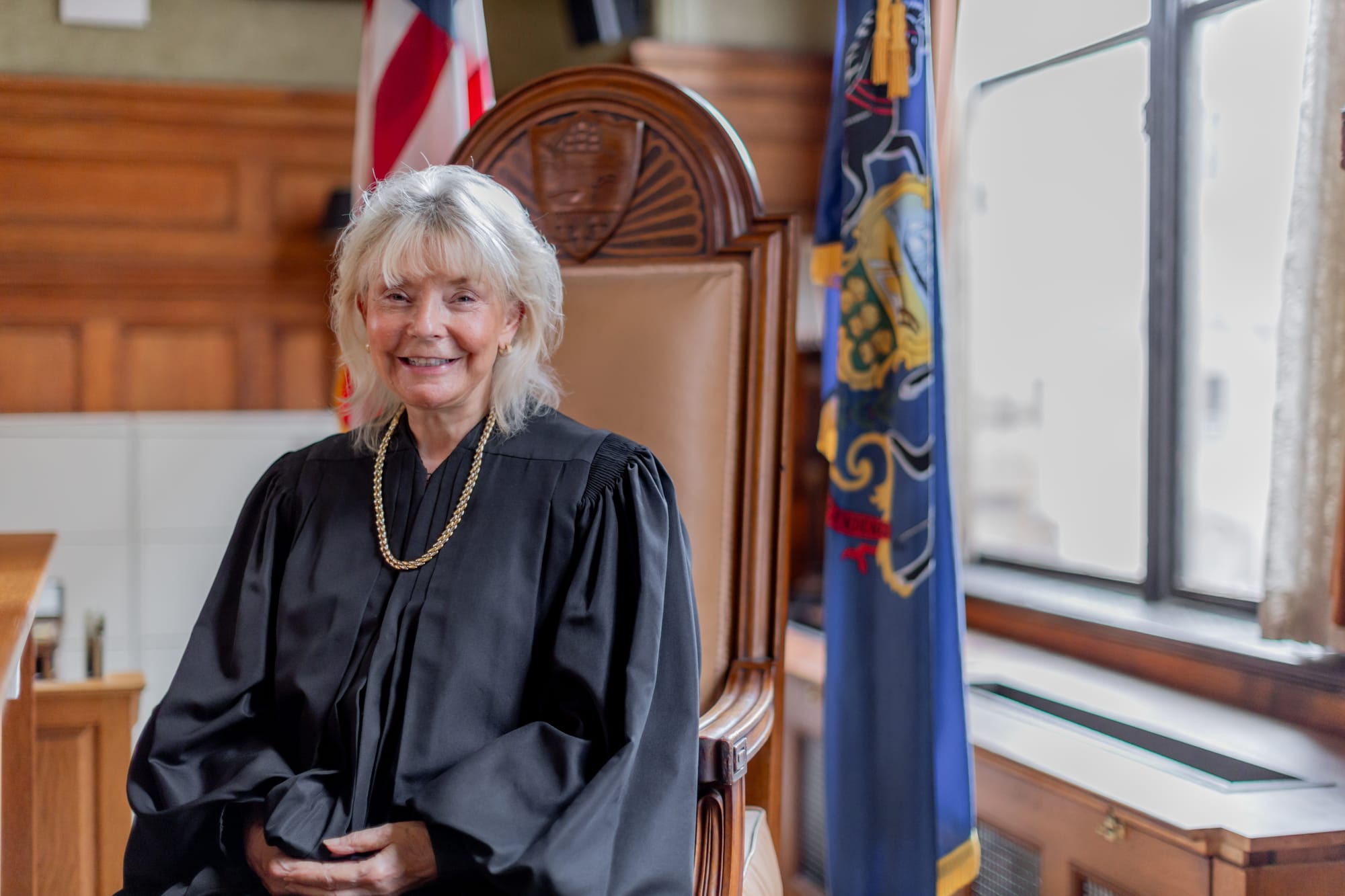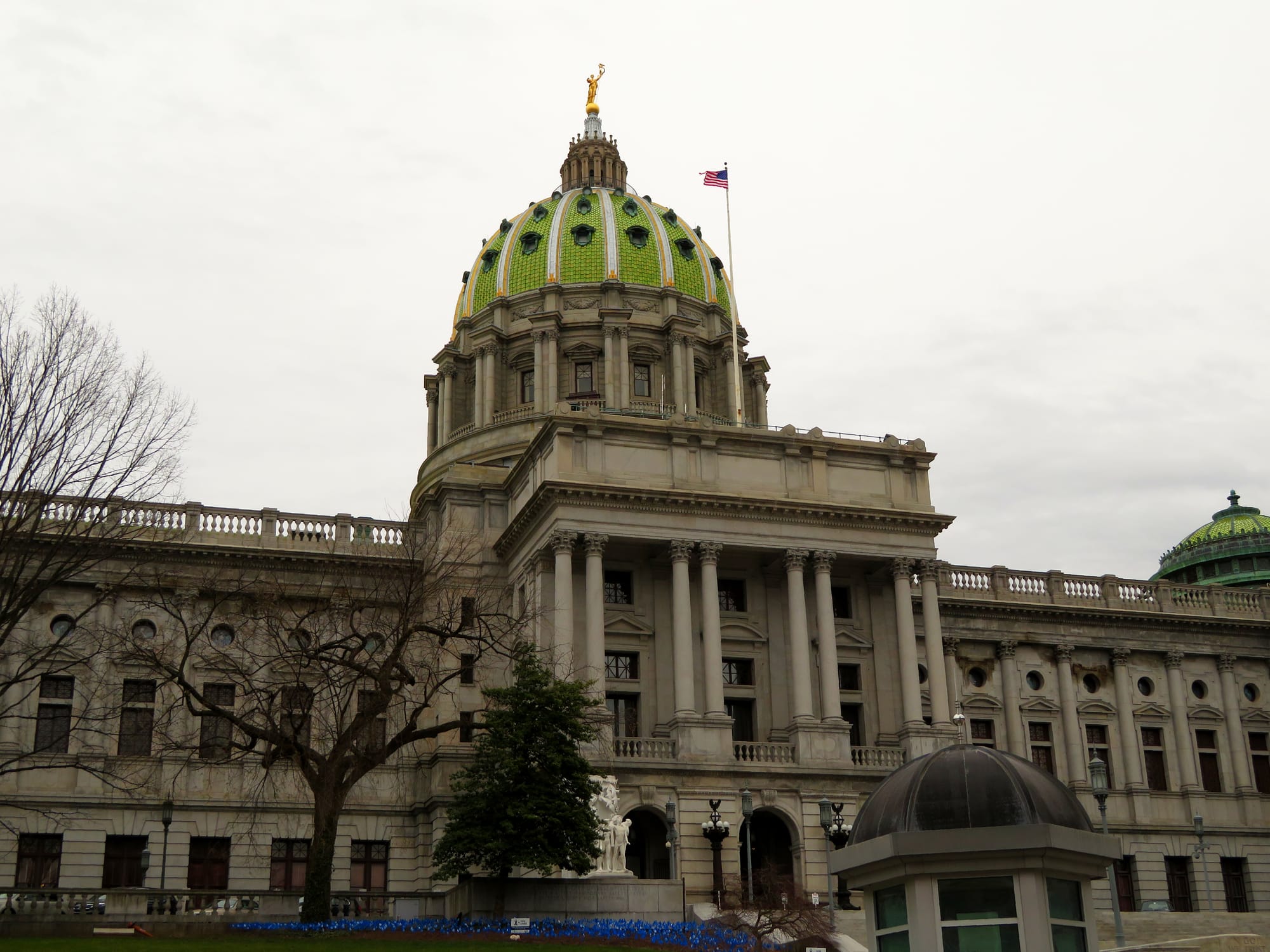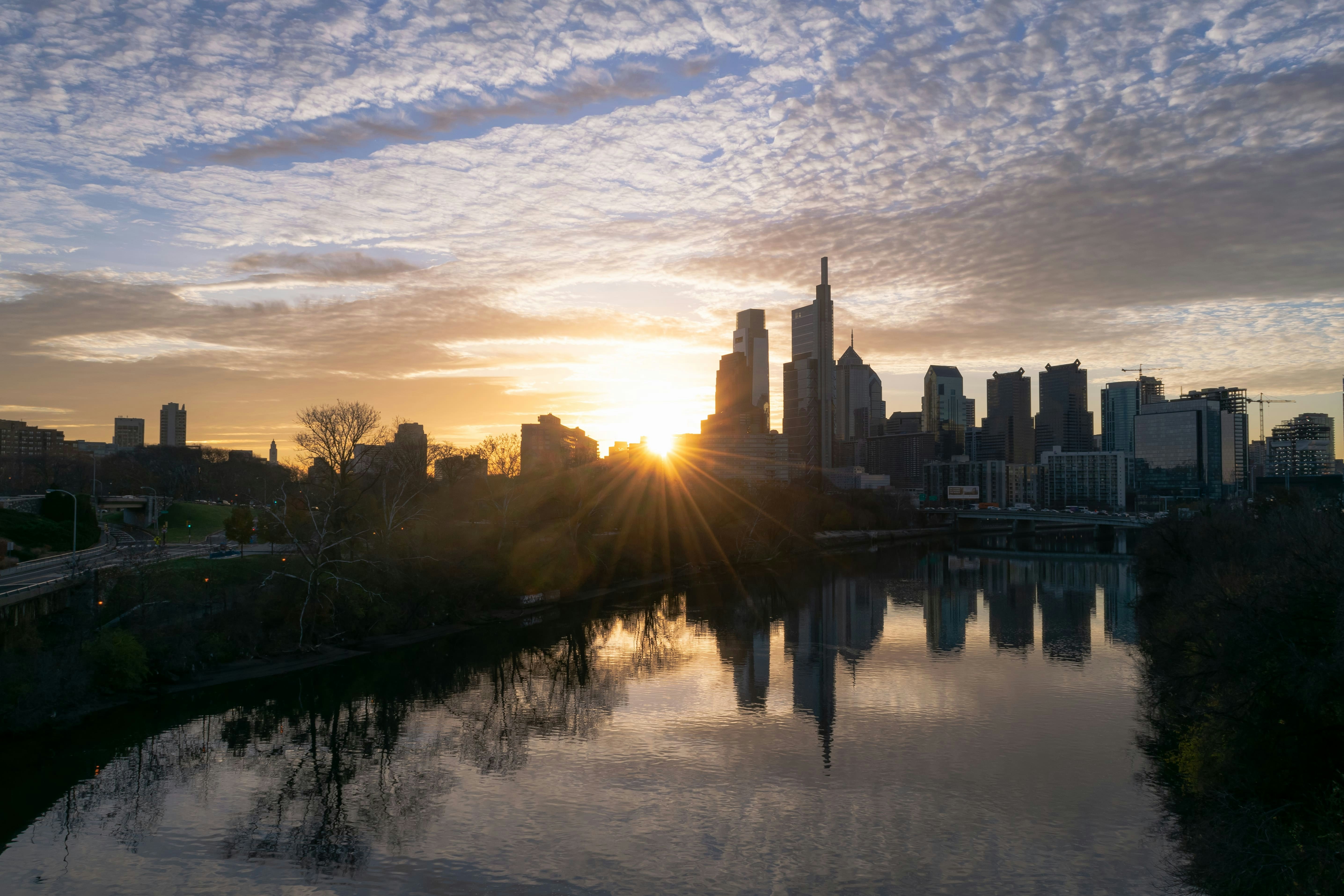There Is No Such Thing As "The Black Vote"
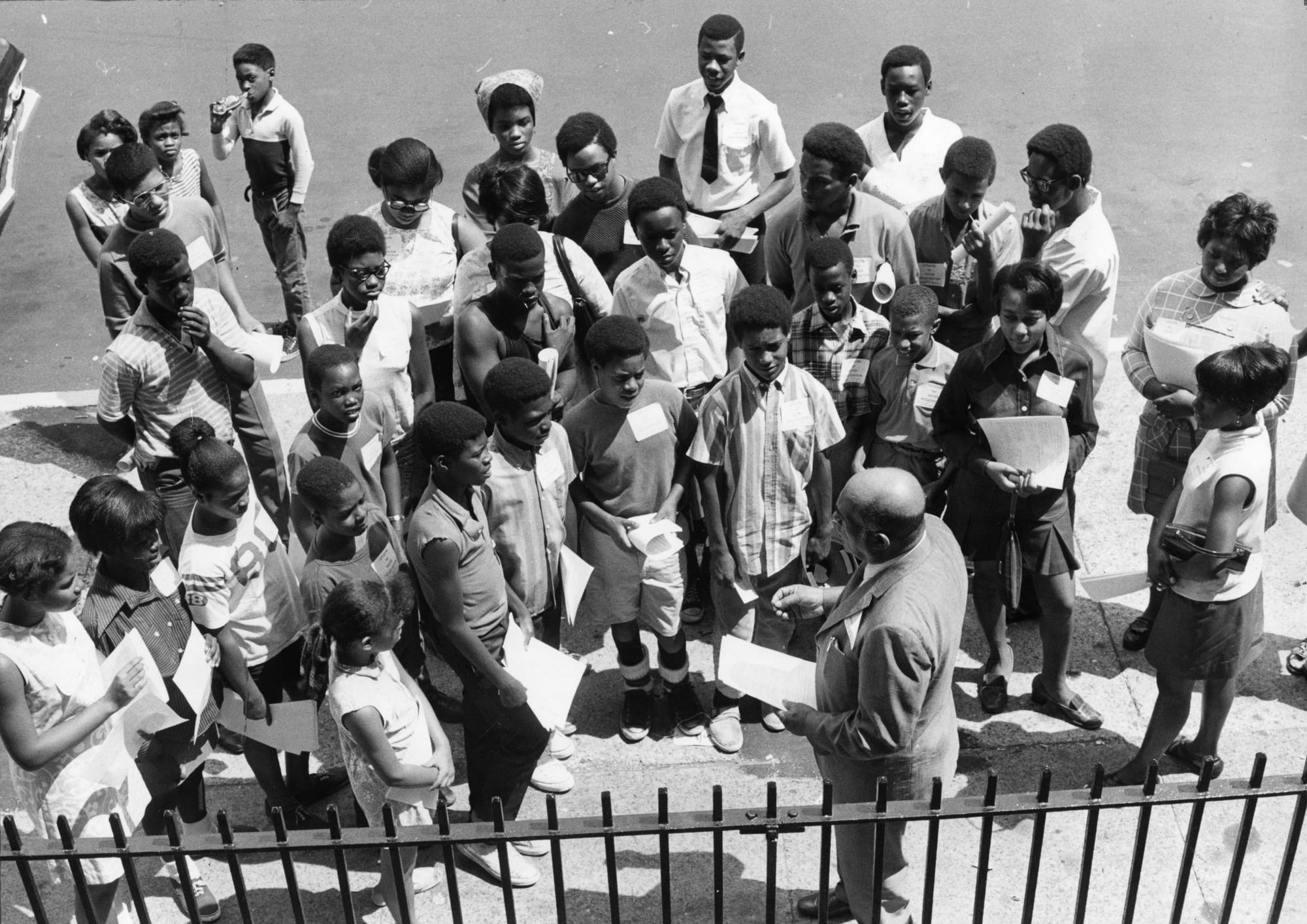
“The Black vote” is a phrase that is often used in a reductionary, transactional way: ‘Well what has this candidate done to secure the Black vote?’ ‘This candidate is partnering with rappers or sports stars to target the Black vote.’
The phrase lands as if “the Black vote” was just some mere prize to be won with the most appealing GloRilla lyric or dance move. But the body of votes cast by a multifaceted community has never been monolithic or singular. Black Americans have always represented a coming together of manifold cultures, creeds, regions, professions, complexions, styles, stances and, of course, political beliefs.
Sometimes when society gets lazy about us, they point to how many Black people vote Democrat. For example, 85% of Black voters chose Kamala Harris for president last November. But looking at Black Americans through a Democratic lens erases the diversity of opinions across those voters, and hides the reality that many Black voters are going further than looking at party lines when they pursue their franchise.
As Theodore Johnson, senior director of the fellows program of the Brennan Center once wrote: “It’s certainly true that Black voters support Black Democratic candidates at higher rates, often in terms of both turnout and vote share. But analysis of past elections and campaigns shows that Black voters have never prioritized simple descriptive representation over other factors, like party affiliation, campaign viability, candidate electability, preexisting relationships with the Black community and a sense of authenticity.”
Analyzing whether or not a particular candidate had losses or gains with “the Black vote” steals the opportunity to have nuanced understandings on the trends playing out in our communities and in our lives.
That phrase “erases the reality that Black LGBTQ+ folks, Black women, Black immigrants, and Black youth all carry different perspectives and needs,” explained Jacen Bowman, a senior organizer at the Human Rights Campaign and president of Philly Black Pride.
“The real conversation is about how we honor that diversity while building collective power,” Bowman said. “We have to stop treating Black voters like a checkbox. Listen to us, invest in us, and engage with us beyond election season. Otherwise, you’re not talking about ‘the Black vote,’ you’re talking about exploitation.”
Sharron Cooks, a paralegal and public relations consultant, spoke similarly, also noting how Black voters claim roots from so many, varied places, like Trinidad, or the South, or in her case suburban South Jersey. Like their origins, Cooks explained, the values of Black voters vary widely too.
“It’s a disservice when voter outreach groups go out into Black communities and don’t recognize those distinctions,” Cooks said, a former committee-person of the 27th ward, fifth division.
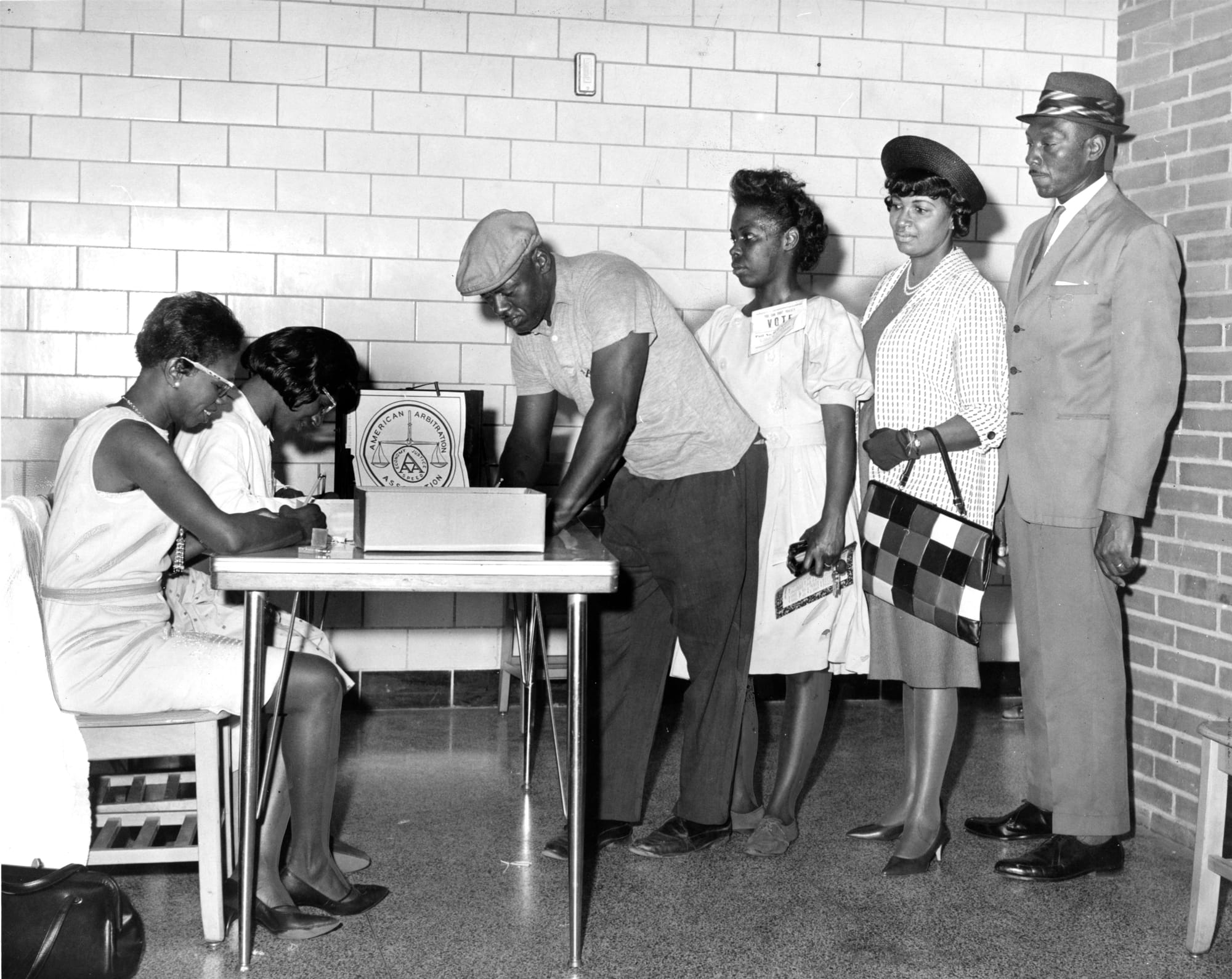
The notion of “the Black vote” aligns with stereotypes. For Cooks, it’s part of the Democratic party’s messaging problem: “It disincentivizes Black voters when they see we’re all being painted with the same broad brush.”
In an interview, Isaiah Thomas, an at-large member of Philadelphia City Council where he serves as majority whip, considered "the Black vote” as a reflection of political structures.
“I think the Black vote is a real thing because of how people treat us, not how we think,” Thomas said. “I think what ends up putting us in the position where we talk about the ‘Black vote’ is because the Black community tends to be under attack in elections. So really, it's more or less us defending ourselves. You know what I mean? We don't all think the same... But there is a concentrated effort to disenfranchise us. It's not necessarily saying that we all feel this way about a particular issue, but it is very much a ‘damn why y'all always f****** with us?’”
Thomas’ thinking reminds of Columbia professor Saidiya Hartman’s writing in Scenes of Subjection: “[S]ince acts of resistance exist within the context of relations of domination and are not external to them, they acquire their character from these relations and vice versa.”
But if politicians, analysts, researchers, journalists, or anyone for that matter, truly want to see our communities, going beyond the broken notion of “a Black vote” is necessary.
Robert Bruce Hill, Jr., a ward leader for Philadelphia’s 44th ward, believes elected officials must do more to engage our communities rather than assume that these communities will simply support them. “Your approach and how you connect with your constituents has to be very different,” he stated, “Does your programming really mirror the needs of the community?”
“The Black vote” isn't something to be won. Black voters are, do, know and believe so much more than that label can encompass. Behind every misuse of that term there stands a confluence of communities. Not a bloc to be captured— a people who deserve to be heard.
Whitney Roberts contributed reporting

